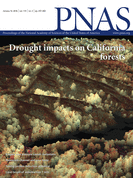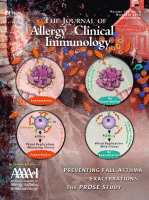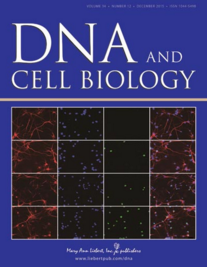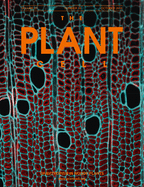 A nutrition journal is retracting a paper about potential dangers of eating food containing genetically modified organisms (GMOs) for duplicating a figure, as news stories from Italy are reporting accusations that the last author falsified some of his research.
A nutrition journal is retracting a paper about potential dangers of eating food containing genetically modified organisms (GMOs) for duplicating a figure, as news stories from Italy are reporting accusations that the last author falsified some of his research.
In the paper, Federico Infascelli, an animal nutrition researcher at the University of Naples, and his colleagues showed modified genes could wind up in the blood and organs of baby goats whose mothers ate GM soybeans. According to our Google Translate version of an article by Italian newspaper La Repubblica, an investigation suggests that Infascelli has manipulated images to suggest GMOs are harmful. He could face fines and be suspended from the university.
La Repubblica reports that a committee appointed by the rector of the university, Gaetano Manfredi, found errors in Infascelli’s data that suggested he had manipulated the results to show GMOs were harmful.
One paper by Infascelli has been retracted from Food and Nutrition Science, “Gamma-Glutamyl Transferase Activity in Kids Born from Goats Fed Genetically Modified Soybean.” The retraction note says the paper was pulled for duplication:
Continue reading Paper claiming GMO dangers retracted amid allegations of data manipulation








